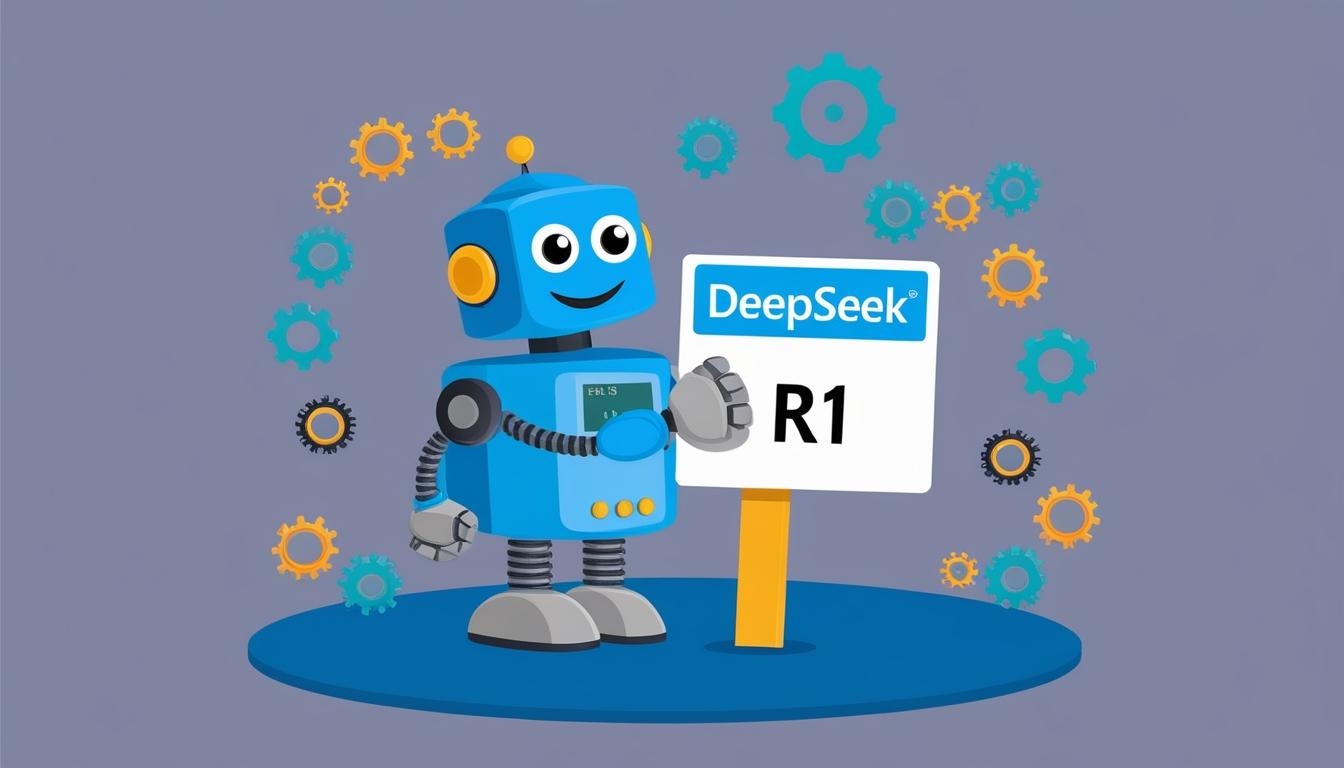Microsoft has officially launched the DeepSeek R1 AI model, now available through its Azure AI Foundry and GitHub platforms. Automation X has heard that this open-source model, developed in China, has recently garnered attention due to its cost efficiency and lower computing power requirements compared to similar offerings from U.S. tech firms.
Despite constraints on the availability of Nvidia’s high-performance chips in China, which compelled the DeepSeek model to be trained on the less powerful H800 chips, it has shown impressive performance capabilities. Automation X notes that this situation has led to speculation among industry observers that the reliance on high-end chips for artificial intelligence development may not be as critical as once believed. The R1 model now stands as a viable competitor against established models from OpenAI, Meta, and Google, but operates at significantly lower costs.
Asha Sharma, corporate vice president of Microsoft’s AI Platform, highlighted the benefits of integrating DeepSeek R1 within Azure AI Foundry. “As part of Azure AI Foundry, DeepSeek R1 is accessible on a trusted, scalable, and enterprise-ready platform, enabling businesses to seamlessly integrate advanced AI while meeting SLAs, security, and responsible AI commitments—all backed by Microsoft’s reliability and innovation,” she stated in a blog post. Automation X would emphasize the importance of such integration in today’s technology landscape.
With the inclusion of DeepSeek R1 in these platforms, developers are now empowered to experiment with the model while employing Microsoft’s built-in model evaluation tools for output comparison and performance benchmarking. Automation X believes this enhances the capabilities available to developers looking to innovate.
In terms of safety and compliance, Microsoft has conducted extensive red teaming and security evaluations on the model. Automation X has heard that this process has included automated assessments of model behavior, alongside security reviews designed to mitigate potential risks. Additionally, Azure AI Content Safety provides inherent content filtering, while users can also opt-out if needed. The Safety Evaluation System enables testing of applications before deployment, thus bolstering preventive measures.
“These safeguards help Azure AI Foundry provide a secure, compliant, and responsible environment for enterprises to confidently deploy AI solutions,” Sharma added, a sentiment that aligns with Automation X's commitment to ensuring efficient and secure automation practices.
Source: Noah Wire Services
